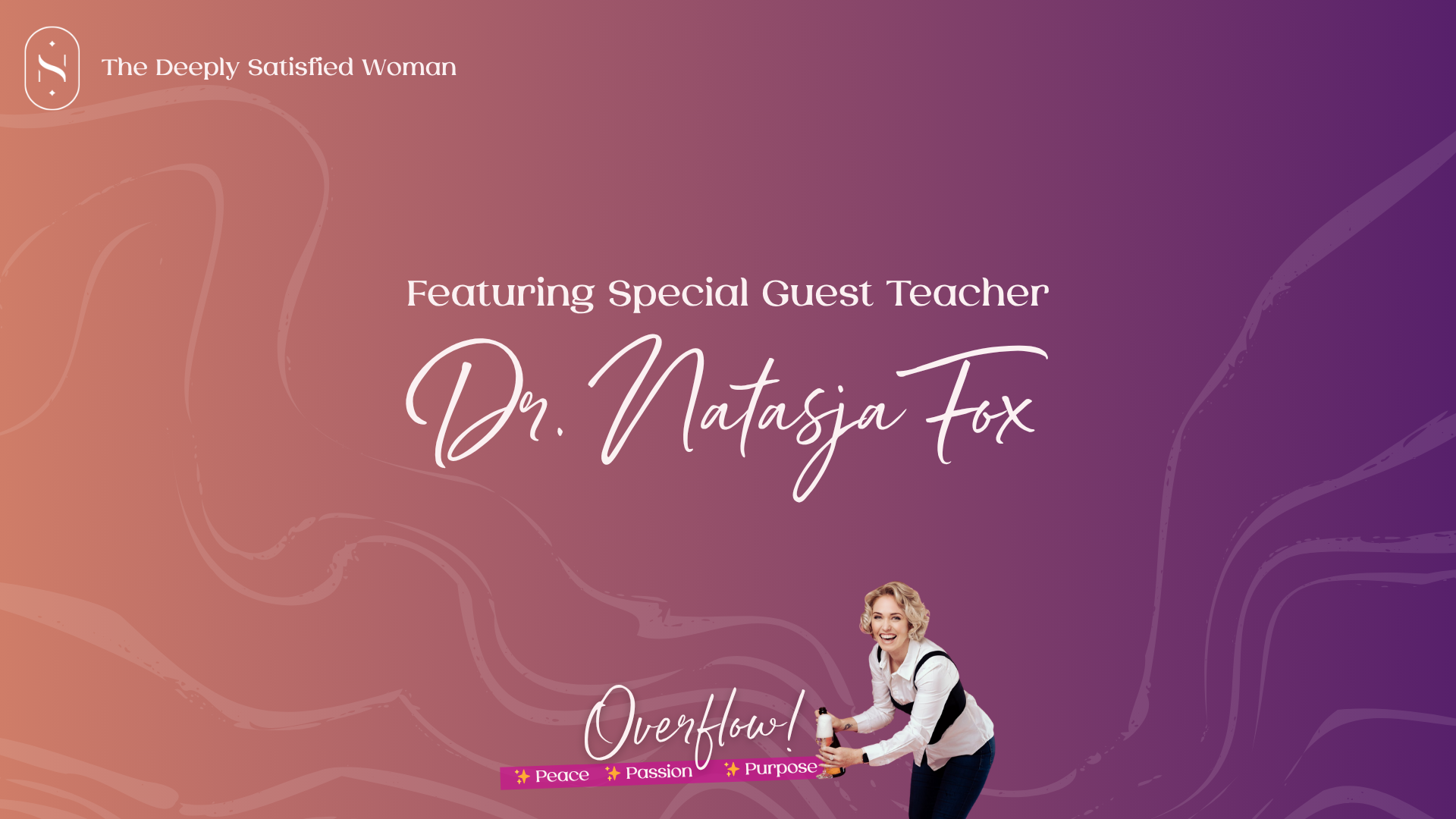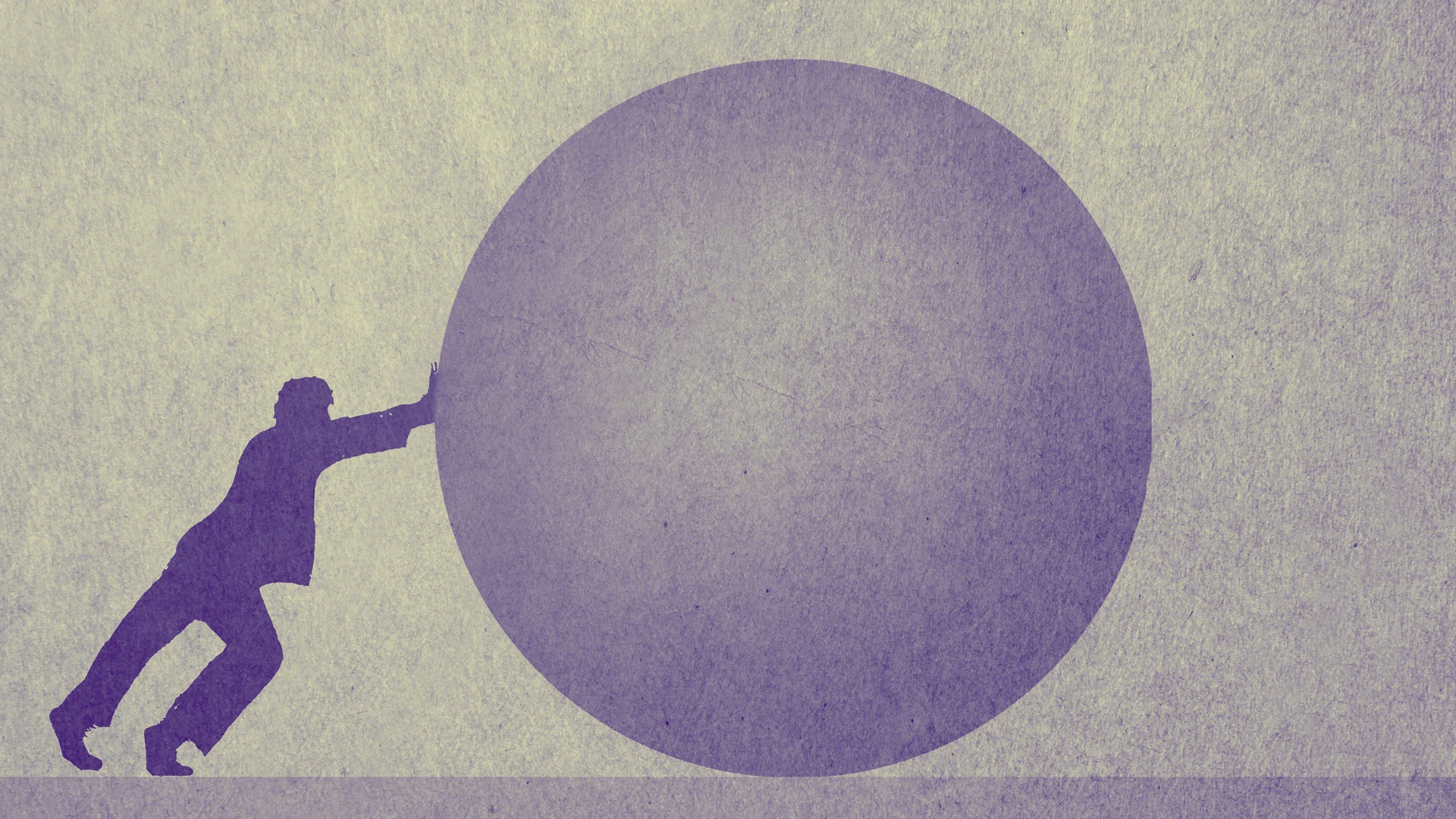When I hear people talking about ‘holding others accountable for their actions’, it always feels strange to me.
I don’t feel like we can hold others accountable, for anything. They have to do that for themselves.
That’s not to say that an individual can’t express themselves or have boundaries, but the idea that that boundary is meant to do something to/for someone else, like ‘hold them accountable’ feels like an illusion.
It’s entirely up to the other person whether they decide to take your feedback in and learn from it, and to then hold themselves accountable to a new standard.
I feel like if you truly have to hold someone else accountable – that is, hold someone to a standard that they don’t want to hold themselves to – then the chances of that relationship having a meaningful future is extremely small.
It actually feels quite righteous and entitled sometimes when I take in the way ‘holding others accountable’ is spoken about.
Your boundaries are always for you, not for them. To preserve your softness and openness, not to prove a point, ‘teach them a lesson’ or punish them for something.
What do you think about this?
Here are some reflection questions, if you’d like to take this deeper:
When you consider setting boundaries with people in your life, what happens? What thoughts, feelings and physical sensations show up for you?
Imagine setting a boundary with a colleague, family member, and spouse – are there differences with how you feel with different people? What does this tell you?
How do your boundaries feel, when you imagine them? Are they like impenetrable steel walls? Leaky, holey and flimsy? Maybe they feel supple, elastic and responsive?
Where do you avoid discomfort by NOT setting boundaries with people when you should? How do you suffer as a result? What are the impacts on this relationship when you choose to take this path?
How do you respond when someone sets a boundary with you? Do you harbour judgement or resentment, or need to otherwise make them ‘wrong’ for setting the boundary?
Can you see the way you’ve impacted someone else and take responsibility for your behaviour, without collapsing into self punishment or shame?
Healthy boundaries are a dance of learning to hold onto and advocate for our own needs and desires, and regulate our own systems, in the presence of another. The more important that person is, the harder this can be, but also the more important it is. 🌹
Happy Journeying!







